We are a project developer of high-quality, large-scale nature restoration projects accredited by leading verification standards.
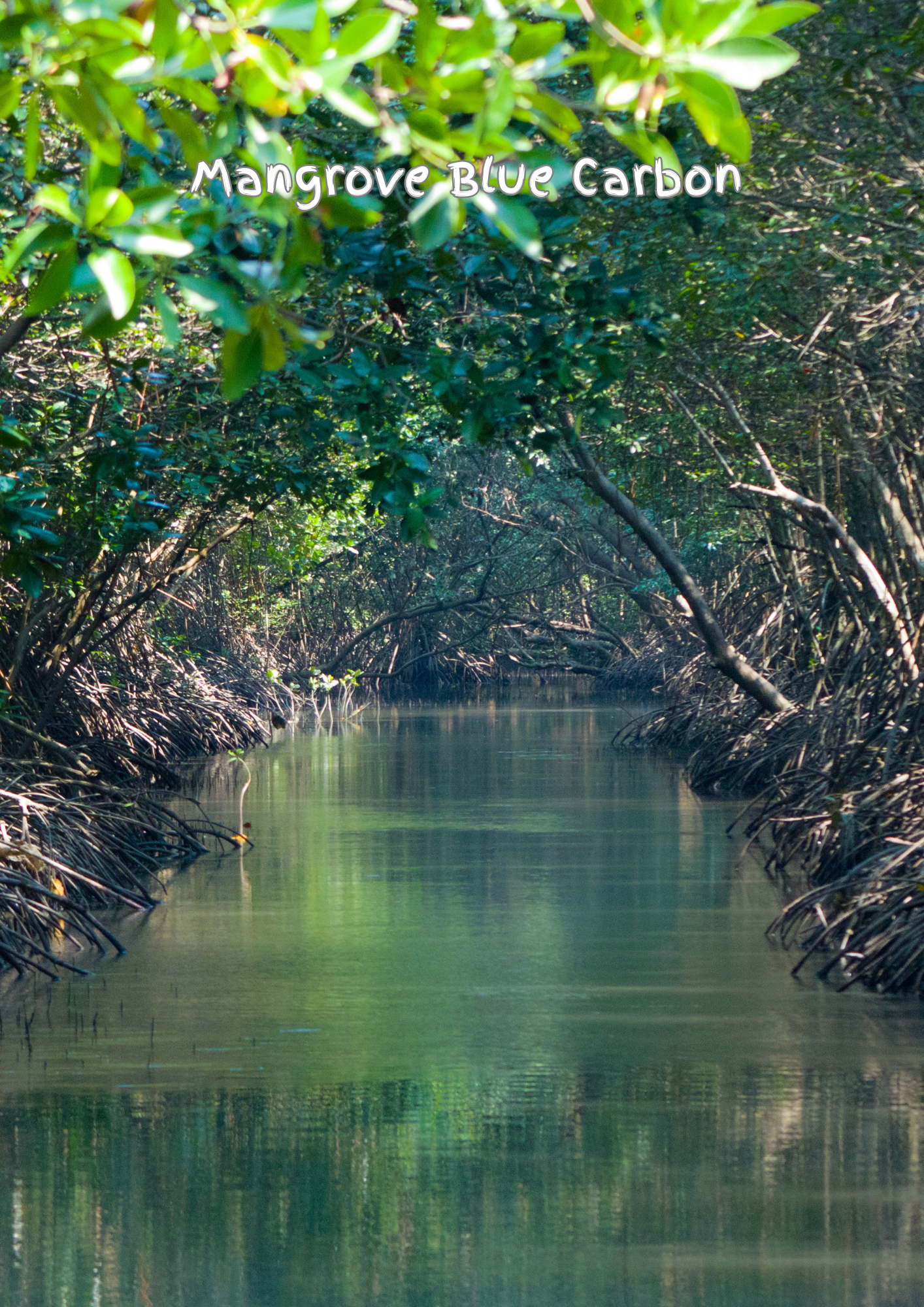
The project aims to implement a 30,000-hectare mangrove afforestation carbon initiative along the coastal and island regions of Bangladesh, in close collaboration with the Bangladesh Forest Department (BFD) under the Ministry of Environment, Forest and Climate Change (MoEFCC). This large-scale program seeks to enhance coastal resilience, restore degraded ecosystems, and generate high-quality carbon credits through sustainable blue-carbon interventions.
Location: The chars and island areas adjacent to the Bay of Bengal
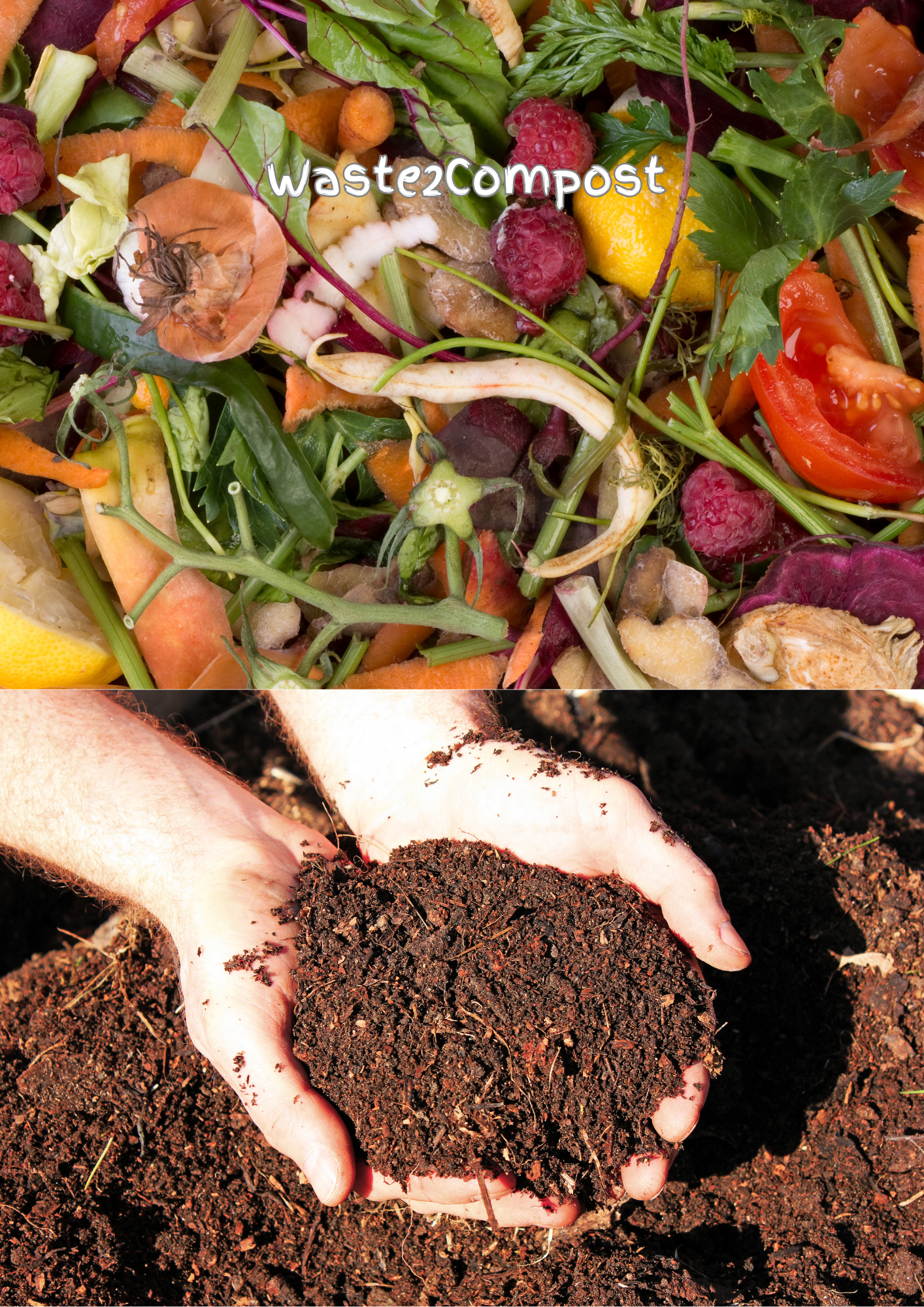
Municipal Solid Waste (MSW) management in Bangladesh faces a multitude of challenges. These include dysfunctional municipal waste management systems operated by unskilled personnel, a lack of viable business models, insufficient technological and financial capacity, and a fragmented waste processing, recycling, and reuse value chain. To address these challenges, the project will adopt a bottom-up cascade model, aiming to develop a comprehensive waste management system in phases.
In its initial phase, the project aims to process 28,000 metric tons (MT) of waste annually, with provisions to double this capacity in the future. Additionally, the project will contribute to environmental restoration by rehabilitating surrounding dumping grounds, reducing environmental degradation, and promoting afforestation on reclaimed land.
Location: Three City Corporations and Ten Municipalities in Bangladesh
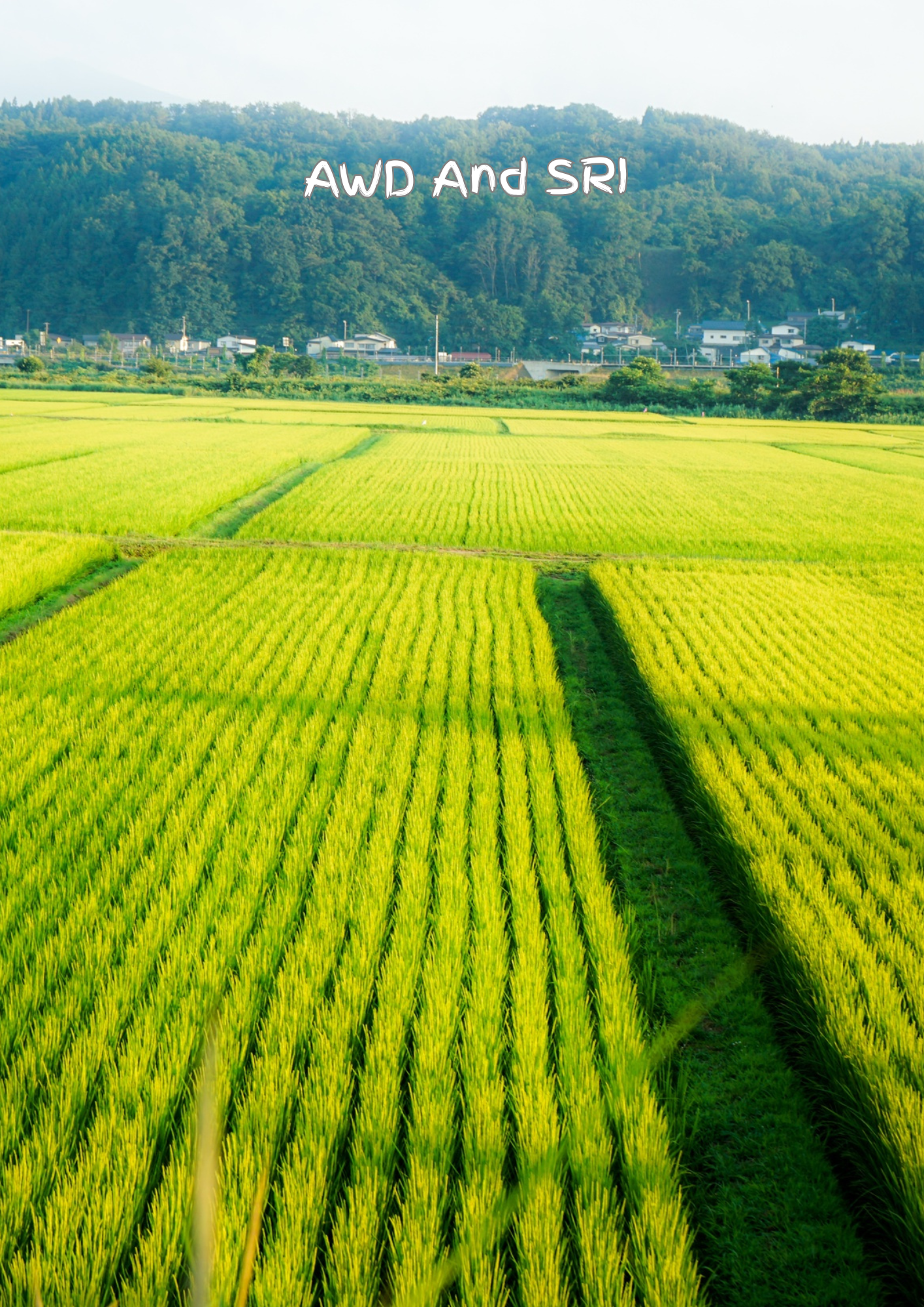
Alternate Wetting and Drying (AWD) is a water-saving technology for paddy rice farming that reduces irrigation needs by 30–40% annually. By alternating between flooded and non-flooded conditions, AWD lowers methane emissions since waterlogged soils foster methane-producing microbes. With water scarcity and declining quality becoming critical challenges, AWD and other improved water management practices—such as modernized irrigation, rainwater harvesting, and conjunctive use of surface and groundwater—are essential for sustainable rice production. Given that most rice farmers in Bangladesh are smallholders, organizing them into groups, cooperatives, or contract farming arrangements is vital for scaling efficiency, lowering transaction costs, and improving market access. Capacity building and institutional support will therefore be key to enabling smallholders to benefit from AWD and other climate-smart practices.
Location: Rajshahi & Rangpur Divisions: Estimated land coverage: 100,000 ha
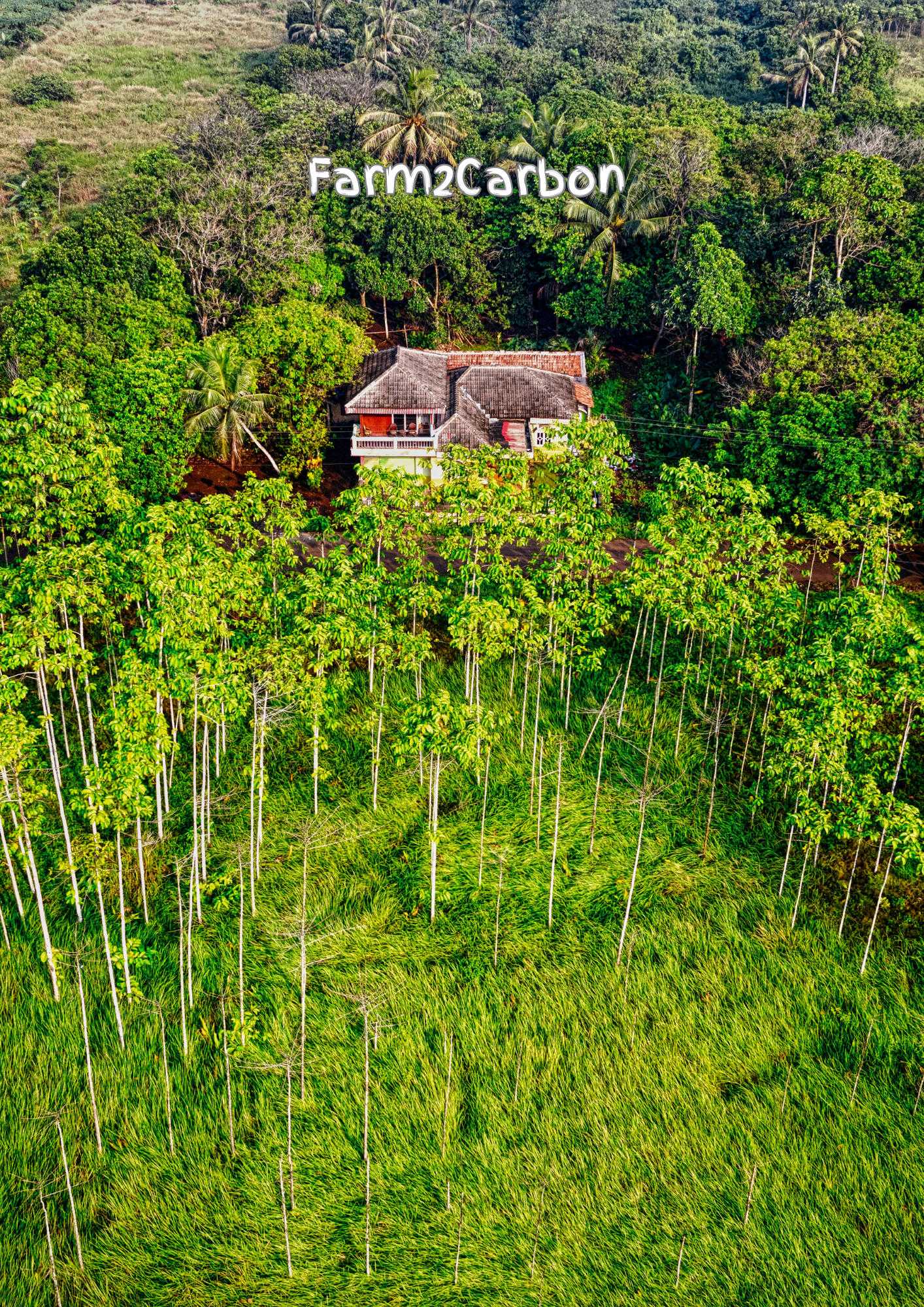
The FARM2CARBON project is a community-based agroforestry and horticulture initiative designed to enhance ecological resilience, food security, and livelihoods in Bangladesh’s vulnerable coastal and hilly regions. Covering 20,000–35,000 hectares across districts in the Chittagong Division, the project integrates fruit-bearing and timber trees such as mango, guava, jackfruit, teak, and mangroves with crops and aquaculture. This approach promotes biodiversity restoration, soil fertility improvement, erosion control, and carbon sequestration while diversifying income for farmers through timber, fruits, non-timber forest products, and carbon credits. By applying digital MRV technologies—including satellite monitoring, LiDAR, AI, and blockchain—the project ensures transparent and credible measurement of greenhouse gas removals, which are projected to reach around 11 million tCO₂e by 2044.
FARM2CARBON aims to generate long-term revenues from high-quality carbon credits and agroforestry products. The initiative aligns with Bangladesh’s Nationally Determined Contribution (NDC) to increase forest cover to 20% by 2030 and supports multiple Sustainable Development Goals by advancing climate action, biodiversity conservation, poverty reduction, and women’s empowerment.
Location: Chattogram Division in Bangladesh comprising Noakhali, Cumilla, Chattagram, Bandarban, Rangamati, Khagrachari and Cox’s bazar districts
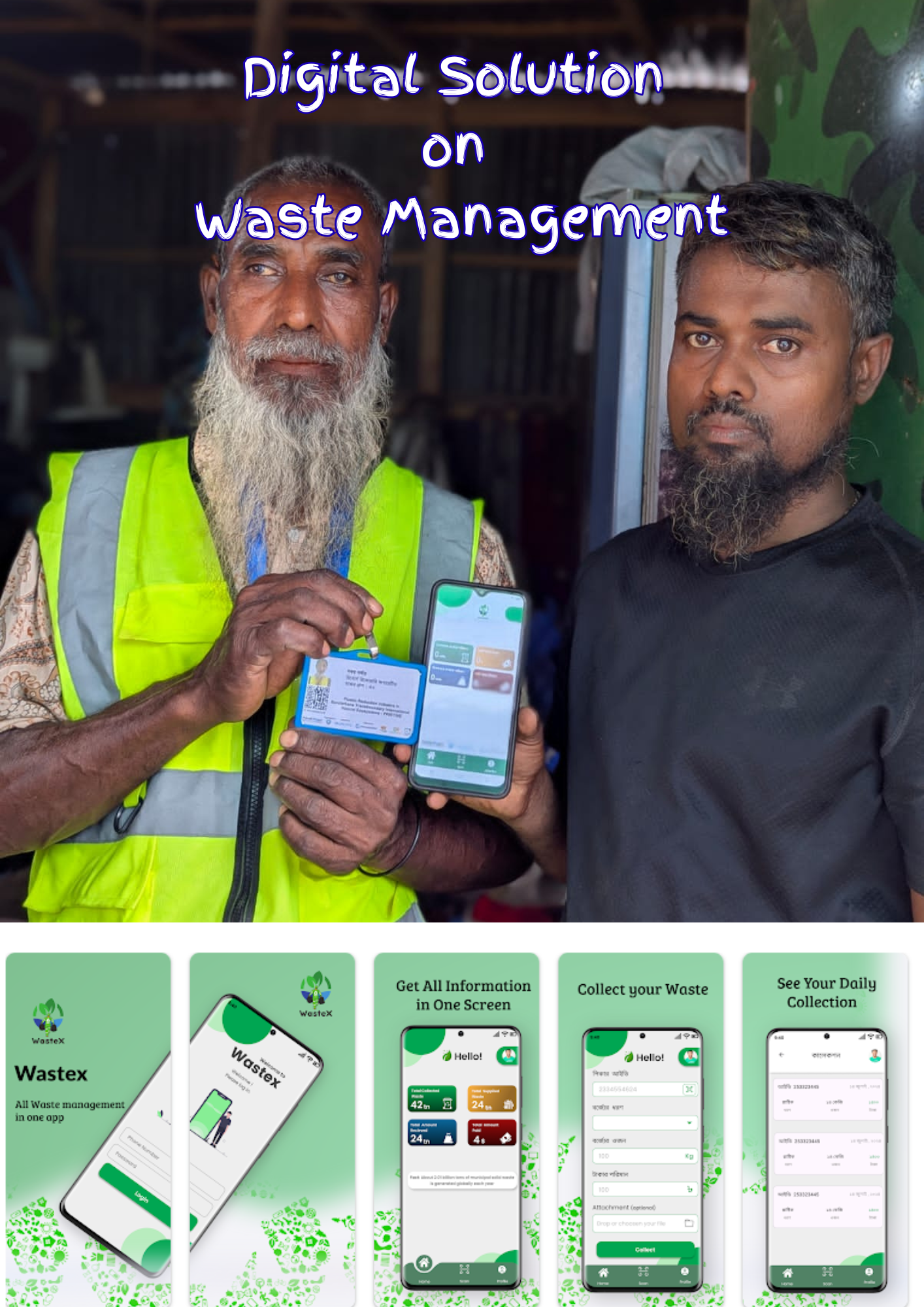
Problem 1: No tracking mechanism in plastic recycling value chain. Solution 1: App based digital
tracking and monitoring system for plastic recycling value chain. [For the first time in
Bangladesh, this innovative app will deliver solution at local level (Site:1 Rupsa – Pasur River
System at Mongla Sub-district) which is scalable to the national level providing significant
contribution to circular plastic economy.]
Problem 2: No formal recognition and poor socio-economic condition of plastic waste pickers;
especially women. Solution: 2.a) Digital registration system and identification card for plastic
waste pickers that will provide formal entitlement from recycling industry. Solution: 2.b) Digital
recording and monitoring system to document and disseminate waste picker’s contribution to
plastic circular economy for attaining government formal recognition and public
acknowledgement. Solution: 2.c) Creating a shorter pathway to link the recycle industry and the
waste pickers for sharing more profit to the bottom of plastic waste pyramid (i.e., waste
pickers, sorters etc.) [For the first time in Bangladesh, the above-mentioned digital innovation
and plastic recycling market solution will create better industry standard at local level (Site:1
Rupsa - Pasur River System at Mongla Sub-district) which is scalable to the national level
providing significant contribution to circular plastic economy.] Problem: 3 Poor enforcement of
SUP ban in Sundarbans tourist spots Solution 3: Policy advocacy and raising awareness from
local to national scale with improving the Sundarbans tourism industry standards regarding all
types of plastic usages.
Location: 🇧🇩 Khulna Division (3 districts): Satkhira, Khulna, Bagerhat; Barishal Division (2 districts): Pirojpur & Barguna
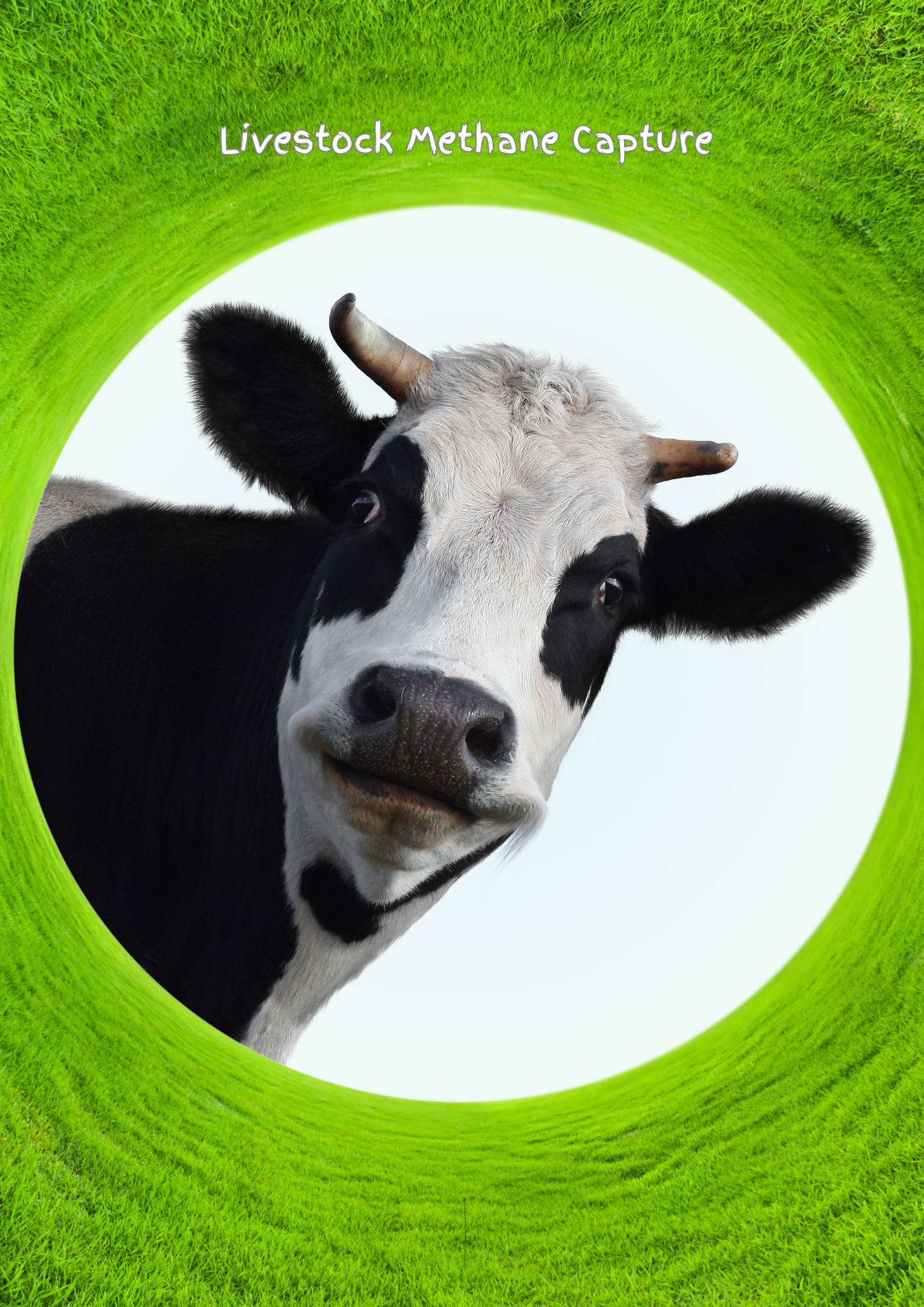
The project focuses on improving the livelihood of smallholder livestock farmers by enabling them to participate in the carbon credit market. Through carbon credit monetization, farmers will have an additional revenue stream, promoting economic sustainability. The estimated tentative total revenue from carbon credits is subject to market fluctuations but represents a significant opportunity for rural communities. The livestock sector in Bangladesh significantly contributes to greenhouse gas (GHG) emissions, primarily through methane emissions from ruminants. This project aims to reduce methane emissions by implementing community-based and household biogas plants, ensuring efficient waste management, and converting emissions into valuable carbon credits.
This aligns with Bangladesh’s Nationally Determined Contributions (NDCs) under the Paris Agreement, where the country targets a 27.56 Mt CO₂e (6.73%) unconditional reduction and a 61.9 Mt CO₂e (15.12%) conditional reduction below the business-as-usual (BAU) scenario by 2030. The project will utilize IoT-based livestock monitoring systems, to track and measure methane emissions effectively. This innovative approach ensures accurate data collection for carbon credit validation and enhances farm productivity by improving cattle health and feed efficiency.
Location: 🇧🇩 Rangpur Division (8 districts): Rangpur, Dinajpur, Panchagarh, Thakurgaon, Lalmonirhat, Nilphamari, Kurigram, and Gaibandha; Rajshahi Division (8 districts): Chapai Nawabganj, Rajshahi, Natore, Naogaon, Joypurhat, Pabna, Bogura, and Sirajganj
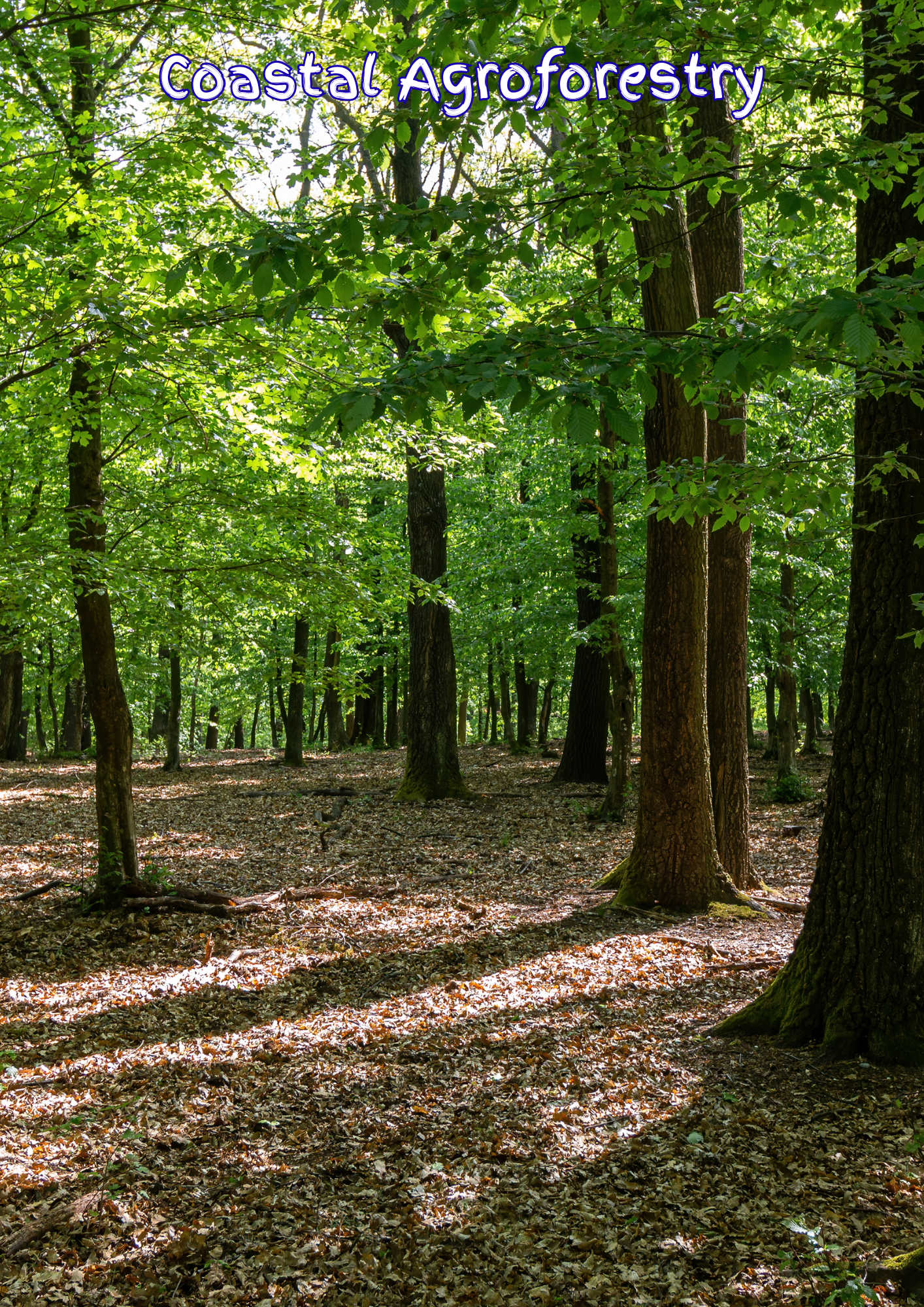
This project advocates horticultural plantations—cultivating fruits and commercial plants—to simultaneously uplift rural livelihoods and generate carbon credits in Bangladesh. By adopting climate-resilient crops, farmers sequester carbon in soil and biomass, which can be monetized through global carbon markets, providing supplementary income. This approach incentivizes sustainable practices, diversifies agricultural outputs, and enhances food security. Rural communities gain economic stability while reducing deforestation pressures and improving biodiversity. Aligned with national climate strategies, the initiative bridges ecological conservation and poverty alleviation, empowering farmers as key stakeholders in climate action. It offers a scalable model to harmonize agrarian productivity, environmental health, and socio-economic resilience in vulnerable regions.
Location: 🇧🇩 Six districts and 48 Upazials of Khulna Division (Khulna, Sathkhira, Bagerhut) Barishal Division (Pirojpur, Barguna, Patuakhali)
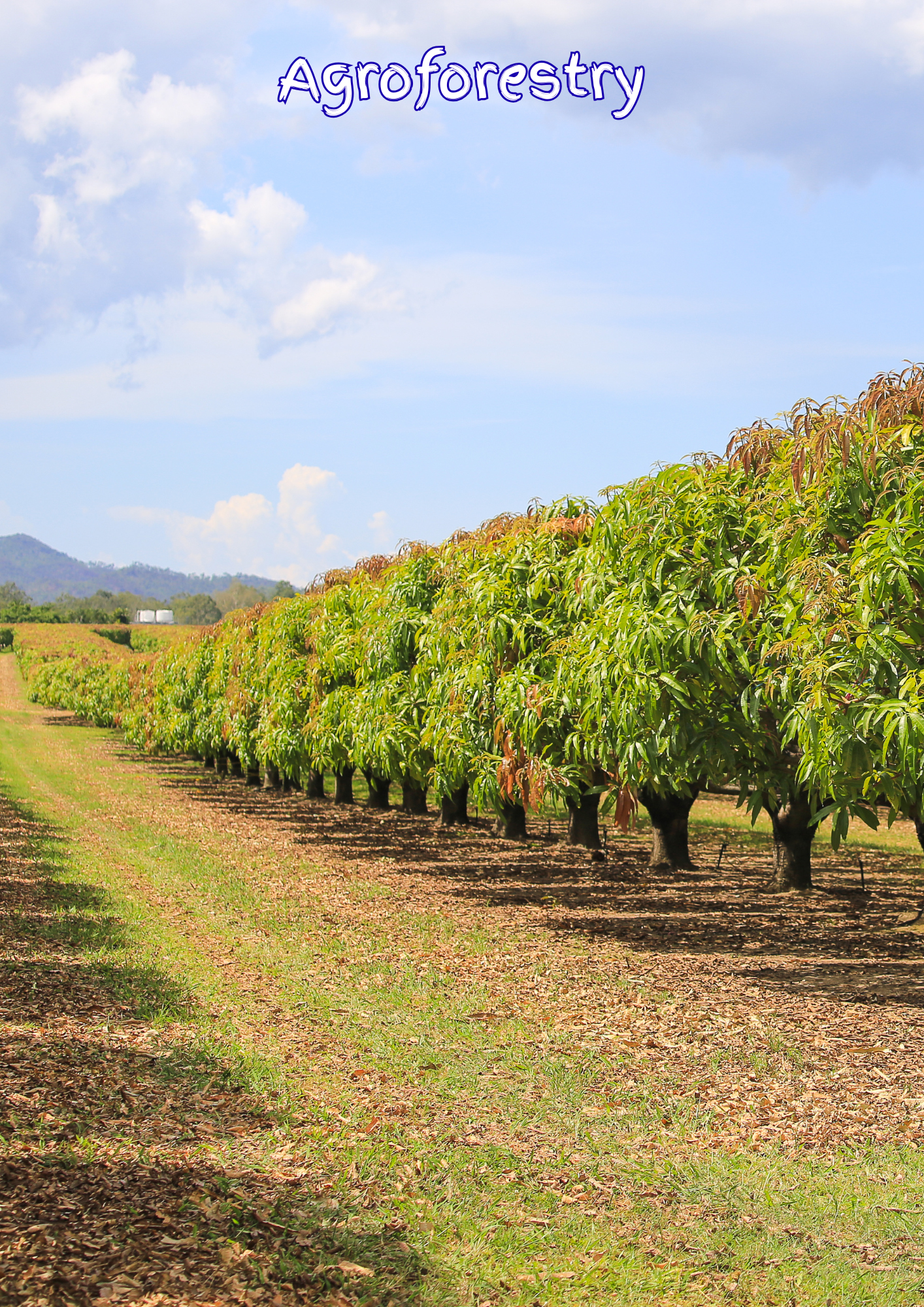
This project advocates horticultural plantations—cultivating fruits and commercial plants—to simultaneously uplift rural livelihoods and generate carbon credits in Bangladesh. By adopting climate-resilient crops, farmers sequester carbon in soil and biomass, which can be monetized through global carbon markets, providing supplementary income. This approach incentivizes sustainable practices, diversifies agricultural outputs, and enhances food security. Rural communities gain economic stability while reducing deforestation pressures and improving biodiversity. Aligned with national climate strategies, the initiative bridges ecological conservation and poverty alleviation, empowering farmers as key stakeholders in climate action. It offers a scalable model to harmonize agrarian productivity, environmental health, and socio-economic resilience in vulnerable regions.
Location: 🇧🇩 Eight districts and 58 Upazials of Rangpur Division ( Rangpur, Dinajpur, Nilphamari, Kurigram, Gaibandha Lalmonirhut, Thakurgaon, Panchgarh)